Over your career as a pet dog professional, how many times have you fielded the question:
“When can I stop with the treats?”
If you’re like most trainers, the truth is probably somewhere between “way too many” and “is there something higher than infinity?” It’s a question that comes up so frequently you probably have a hundred well-honed answers parked in your brain, just waiting to be pulled out as needed. Some of your answers are funny, some are gentle; some are for classes, and some for private clients, who might be asking you this while wringing their hands or perhaps pulling out their hair. The words and analogies and angle may change, but hopefully you’ll be keeping the content the same: if someone wants their dog to continue to do behaviour x after antecedent y, then reinforcement will be needed.
Forever.
Some trainers take a path of perhaps slightly less resistance here. Instead of going with “forever”, they dangle a thinner reinforcement schedule as part of their response to this question. This feels like it will build rapport, doesn’t it? “Sure, you’ll need to reinforce forever. But hey, I have good news! You can stop reinforcing as often, I promise!” You may even talk about how laboratory rat behaviour resists extinction so much better on intermittent schedules. It’s all very eyes on the prize.
But just like a Border Collie with a tennis ball, there’s a catch here. Dangling a thin schedule might feel great, but it can create some issues down the line for the dog and owner. And it might even be plain wrong, especially in a pet dog context. In many cases it’s kinder to the dog and the owner to skip the reference to a thin schedule and instead push back against the “Forever? Really?” questions with a firm “Yes, and yes” answer.

Why? It’s likely safer and kinder for the dog, and it’s likely kinder to the owner.
It’s kinder because in at least some key pet dog training scenarios, thinning the schedule might result in a dangerous flirtation with extinction. And I do mean dangerous. Important safety behaviours like recalls need to be robust and have a rock solid reinforcement history. Although schedules of reinforcement can provide a bulwark against extinction if well-handled, and although certainly those who are training dogs for competition can indeed handle this well, the typical owner of a pet dog does not, and probably cannot, crank out enough repetitions to start thinning a schedule. Further: savvy dog trainers have learned or sniffed out how differential reinforcement can help their cause. The general population of dog owners will not be nearly as aware of the effects of partial extinction as they choose what version of behaviours they will reinforce.
Yeah. And I don’t think I’ve seen a dog trainer’s website that announces with glee “call us today to get sloppy, slow recalls!”
A lack of responding can be dangerous if the dog is out and about in the real world, but there’s something even more likely and worrisome. When dogs stop responding or respond poorly enough that their owners get frustrated, dog owners who have been blithely coached to ‘fade the food’ may deny dogs the freedoms they enjoyed when reinforcement wasn’t on a schedule, or they may reach out to another type of trainer altogether: one with a series of aversive collars. Sadly for dogs, aversive trainers are fine telling dog owners to supply consequences forever, and sadly for dogs, fear conditioning is much stickier than reinforcement.
Having a previously-trained dog who behaves perfectly lawfully when a schedule is thinned (hello, operant extinction) can be stressful or upsetting for dog owners, too. Owners are not as adept as dog professionals about separating their own existence from their dogs’ motivations. That is to say, we know our dogs are working for themselves and a lack of response is not really about us, or at least only about our training choices and not about our personality defects (or our dogs’ personality defects). Our clients typically do not understand this, and it’s generally not worth the time and effort to unpack these mythologies in the limited time we share in a client-trainer relationship.
Fade the food?
When dogs stop responding or respond poorly enough that their owners get frustrated, dog owners who have been blithely coached to ‘fade the food’ may deny dogs the freedoms they enjoyed when reinforcement wasn’t on a schedule, or they may reach out to another type of trainer altogether: one with a series of aversive collars.
Finally, we don’t really need to coach people to put behaviour on a schedule. People are going to start letting reinforcement slide anyways, all on their own, and probably way too soon for the strong responses a client typically wants. This is a very human thing, and pretending that humans are robots or pretending that dog training clients are in fact dog training professionals isn’t kind. In fact, it’s inching towards poor practice.
So now we’re at the manifesto part. Take a stand and be upfront with your pet dog training clients, in the common scenario where dangling a thinner schedule or any kind of bland ‘life reward’ might affect the dog’s responses and with it, the owner’s joy. The answer to “do I need to bring treats to the park forever” can be “heck yeah, just like you need to bring a leash and poop bags.” We are dog professionals, it’s our job to be upfront, and it’s our job to help our canine clients and their (perhaps somewhat hapless, sure) humans meander through their shared existence in the easiest way possible.
The answer to “do I need to bring treats to the park forever” can be “heck yeah, just like you need to bring a leash and poop bags.”
That said, we aren’t simply the bearer of bad news, and we don’t need to toss our clients to the domesticated wolves. There are many ways to ease the burden of reinforcing forever. Instead of dangling a future without treats, we can outline instead easy ways to bring treats where and when they’ll be needed.
How? Lay out your catalogue of tips and tricks to help remember a treat bag, until it becomes a habit. Recommend ways to make it easier to reinforce. Can the client keep some dried liver snacks in a canister in the living room? Easy! Don’t even need to head to the fridge. Can the client attach an odd item to their keychain, or set a phone alarm, to remind them to grab their treats from the fridge before the walk? Perfect!
Instead of dangling a future without treats, we can outline instead easy ways to bring treats where and when they’ll be needed.
Our clients respect us because we help them and we help their dogs. Being upfront, kind, and reasonable about motivation and reinforcement doesn’t make us the bad guy at the table. It’s good for dogs, good for their humans, and good for us.
About the Author
Kristi lives ooutside of New Hazelton, British Columbia, Canada, where she is the owner of Kristi Benson Dog Training. In addition to her work with the Academy, she creates online learning courses aimed to help dog guardians to overcome sticky behaviour problems and find new joy with their dogs.
For about a decade, Kristi was at the helm of Parkland Husky Rescue, a sled dog rescue for racing sled dogs. She handled intake of the dogs as well as training and placing the dogs into pet homes. She’s worked with sled dogs since 2005, and has been on staff at the Academy since 2016. Originally trained as an archaeologist, Kristi has worked as a northern anthropologist for more than 15 years.
At the Academy, she runs special projects like the Husbandry Project and liaises with the Academy’s research teams. She also organizes the weekly Wednesday webinars offered to students and grads, finding fantastic guest presenters to compliment the webinars produced in-house, such as quizzes, interactive webinars, and curriculum-related content. Kristi also coaches and mentors students, and grades assignments. Kristi enjoys hiking with her Alaskan huskies, making people laugh through her writing, and all things to do with Pleistocene megafauna.











